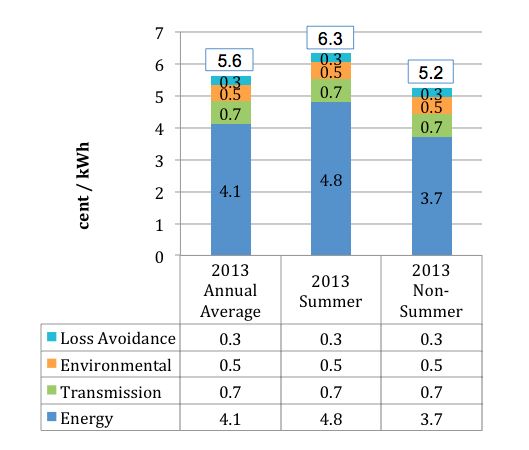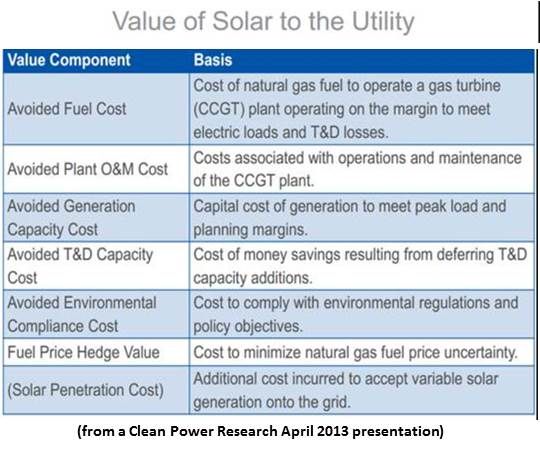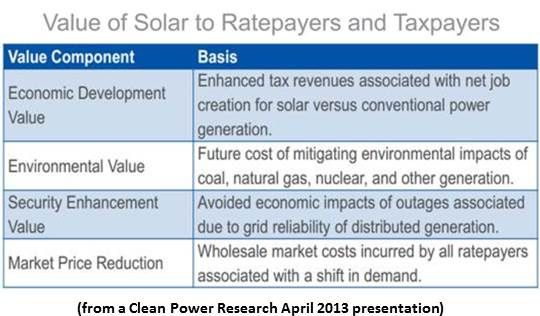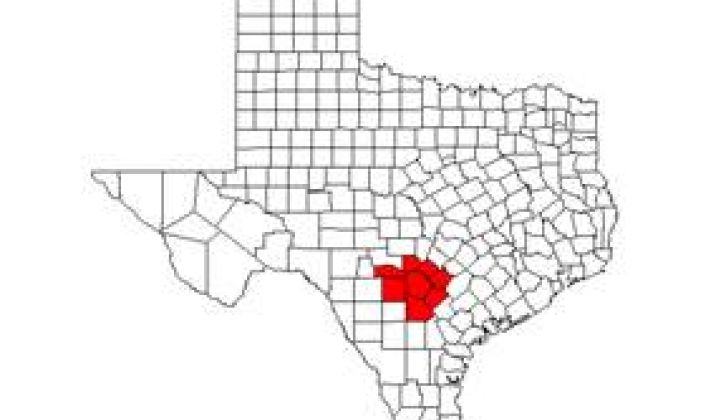San Antonio municipal utility CPS Energy is on the verge of replacing its net energy metering with a new type of rooftop solar support program. The new program was recently devised by a neighboring city's muni to be a smarter support for solar. Solar advocates in San Antonio say CPS has figured out how to ruin it.
This controversy, set in motion by San Antonio neighbor Austin Energy’s groundbreaking value of solar tariff (VOST), seems to validate a prediction made by VoteSolar Solar Policy Director Annie Lappé in a March 8 GTM piece. As an April 19 follow-up piece showed, her crystal ball was crystal-clear.
“Turns out there are a few issues unique to Austin Energy, and Austin, which make it unlikely that a VOST would look the same if it were replicated by utilities elsewhere,” Lappé wrote last month.
CPS Energy just abruptly announced it will terminate net metering and substitute the SunCredit, a new “credit per kilowatt-hour” program that on the surface looks very much like Austin Energy’s VOST.
“The firm that developed Austin Energy’s Value of Solar Tariff (VOST),” she reported in the recent piece, “which is currently at a healthy 12.8 cents per kilowatt-hour, just did a study on the value of solar in CPS Energy territory. Its valuation for San Antonio is almost twice as high as [the 5.6 cents per kilowatt hour] CPS Energy has proposed to pay customers.”
As Lappé predicted, that definitely does not look the same.
CPS Energy’s net metering allowed solar system owners to roll their electricity meters backward at the utility’s $0.099 per kilowatt-hour retail rate for every kilowatt-hour they generated. The SunCredit program will charge new solar system owners the same rate for their usage but will only return to them a $0.056 per kilowatt-hour credit for their solar systems’ output.

“Based on the promises from the City of San Antonio and CPS Energy, I have hired close to 30 people,” wrote Advanced Solar and Electric CEO Don Dickey, a San Antonio installer. “This initiative will literally kill the industry.” The change, Dickey added, “pushes the break-even beyond twenty years, making [solar] an unwise investment that no conscientious business owner would promote.”
“Why would the value of solar from CPS be $0.056 per kilowatt-hour, less than half that of AE’s?” Rabago Energy principal Karl Rabago asked. A former AE Distributed Energy Services VP and PUCT Commissioner, Rabago was instrumental in developing AE’s VOST program and is an expert on net metering and DG policies. He echoed Lappé's reporting that, unlike the methodologies used by AE and in the Department of Energy (DOE)-funded report done by Clean Power Research for Solar San Antonio to calculate the value of solar, the methodology used to make the CPS SunCredit value calculation appeared to be neither transparent nor comprehensive.
Rabago speculated that CPS may have “assigned stranded costs from other system costs to solar, which has the effect of reducing its value.”
Seeming to confirm Rabago's hypothesis, CPS Interim Director Jesus Hernandez wrote in an email to Dickey that “with just about 10 megawatts on-line now, the current program format is resulting in about $1 million per year in stranded costs.”
CPS figures also suggested that the utility is using “a fixed-in-time, avoided-cost calculation instead of looking at the long-term stream of benefits that solar will provide to the utility,” Rabago said. He added that the utility is appearing “to use the REC price as the basis for calculating the environmental value of solar, as opposed to what non-solar-owning customers are willing to pay as a green energy premium.”


“A factor unique to Austin,” Lappé wrote, is that “the City Council acts as the regulatory backstop to VOST decisions.” Other regulators are unlikely to be as sympathetic to “a more robust VOST rate” as are Austin’s largely progressive leaders.
"The local solar industry prefers CPS to cancel the implementation of the SunCredit program to allow for broader discussions on amenable solutions,” attorney Clay Butler said after discussions with San Antonio solar advocates.
True to Lappé's prediction, however, Butler said it is more likely that CPS will refuse to do so.
Nevertheless, solar advocates are still holding out hope that CPS “will at least agree prior to the May 31 deadline to revise the methodology behind the credit to include the many financial benefits solar DG brings to the utility and to the city, including economic development benefits," Butler continued.
CPS Energy can institute its SunCredit program without any approval other than that of its Board, Butler said, unless the change can be legally classified as a rate increase. That remains to be determined.
“This is big,” Rabago said. “It is either going to facilitate more distributed energy or act as a barrier.” The SunCredit program, as proposed by CPS, he added, “is not consistent with San Antonio being a leading solar city and capturing the benefits of leadership. Just north of [the city], Austin has more solar installers because it has created a stable market for solar development. There are only so many that get to do that. Everyone else is just a buyer.”



